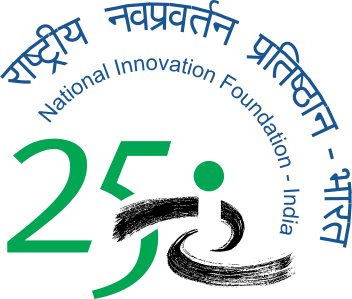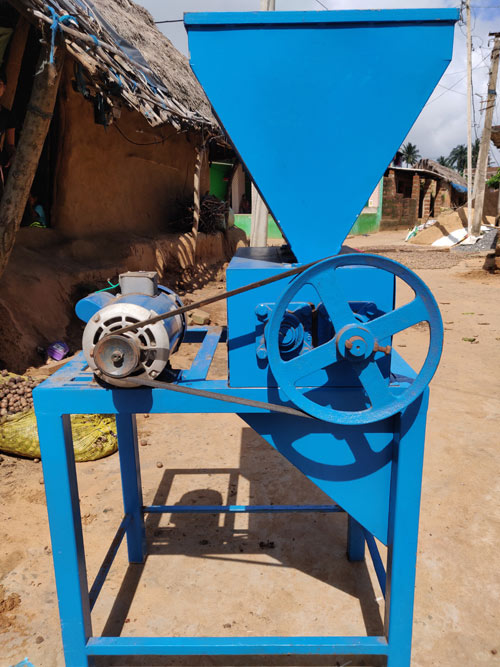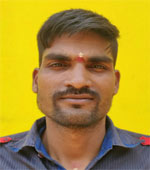Polanga Decorticator
Rajesh (31) hails from an agricultural region. However, the fields in the area are prone to denudation during periodic high tides, leaving them unfertile for short spells. This reduces reliance on agriculture, and people look for other avenues for livelihood. It was during such vocations that Rakesh learnt to work on machines and repair them.
Polanga (Calophylluminophyllum L.) is a tropical evergreen tree, the seeds of which are a rich source of tamanu oil used for skin, hair, acne and other skin-related skin problems. Considering the properties of the oil, the demand is relatively high in the health and wellness industry. There is an increasing demand in the biofuel industry as well. Tamanu oil extraction is a tedious process involving various conventional methods such as manual plucking, repeated drying, decorticating and breaking the seeds. Polanga collectors break the hard shell of the fruit manually (by hammering and rubbing against stone/wood) after drying them under the sun for several days.
Rajesh realized manual processing is not financially viable due to low productivity, where one labourer could process only 25 kg of seed in 6 hours. While searching for a solution, the idea of a polanga decorticating machine struck his mind when he observed the rollers’ motion in a sugarcane juicer. The decorticator is an electric motor (1 HP, single phase) operated machine designed specifically to remove the kernel from the hard shell of the polanga fruit by breaking them in between its rollers. The machine was tested at the State Level Farm Machinery Training & Testing Centre (SLFMTTC), Odisha, where it was found to be capable of processing 300 kgof polanga fruits per hour. The decorticating efficiency was observed to be 98%.
After the introduction of the machine, during the harvesting season, villagers earned Rs. 800/day to Rs. 1200/day as compared to Rs. 200/day previously. The innovator leases three machines to local farmers on a rental basis and earns Rs. 3000 to 4000 rupees per day during harvesting seasons. With the help of this machine, several female workers have also started making their livelihoods, defying social stigma.
Rajesh (31) hails from an agricultural region. However, the fields in the area are prone to denudation during periodic high tides, leaving them unfertile for short spells. This reduces reliance on agriculture, and people look for other avenues for livelihood. It was during such vocations that Rakesh learnt to work on machines and repair them.








-2.jpg)
-1.jpg)
